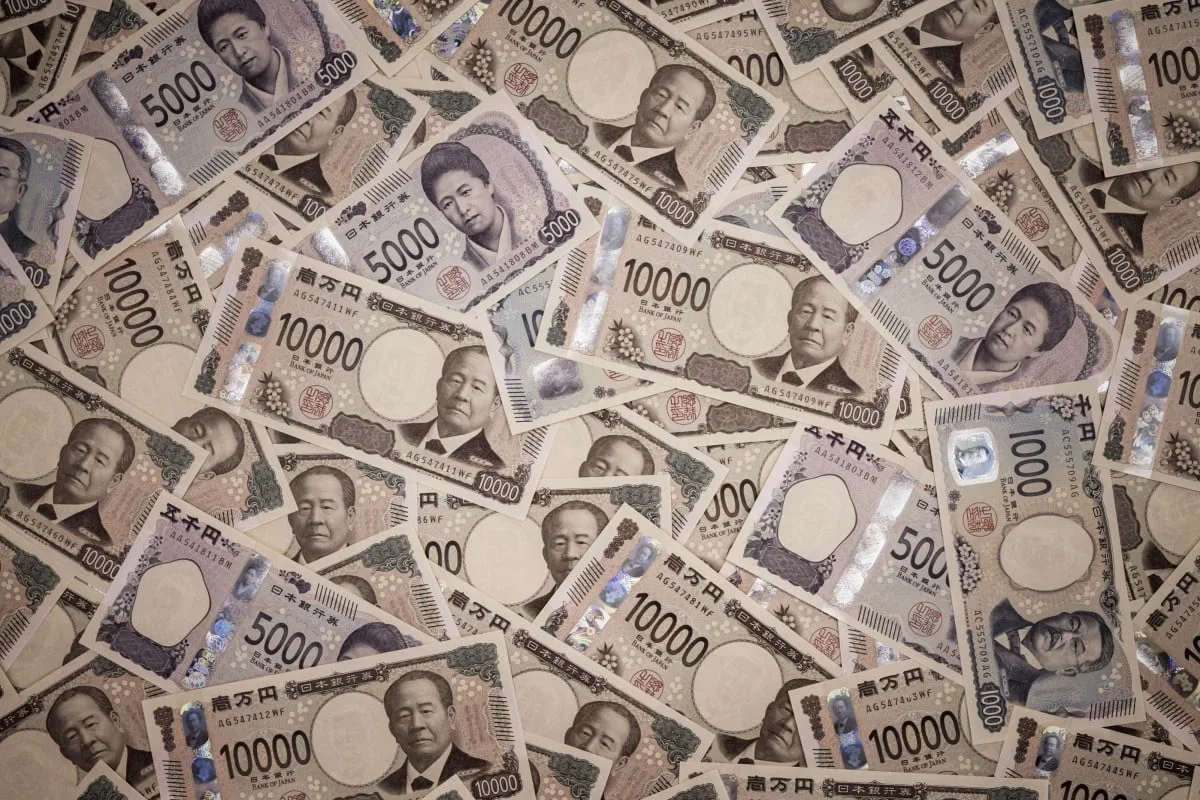Germany Overtakes Japan as World’s Top Creditor Nation After 34-Year Reign
For the first time in more than three decades, Japan has ceded its position as the world's leading creditor nation. Despite amassing a record level of overseas assets in 2024, Japan has been surpassed by Germany in net external holdings.
 |
| Image Source: South China morning post |
According to the latest figures released by Japan’s Ministry of Finance, the country’s net external assets stood at ¥533.05 trillion (approximately US$3.7 trillion) as of the end of 2024. This marks a 13% year-on-year increase, highlighting Japan’s strong accumulation of foreign investments and financial assets abroad.
However, Germany surged ahead with net external assets totaling ¥569.7 trillion, thanks to its consistently high current account surplus. China remained in third place with ¥516.3 trillion in net external assets.
Germany’s rise to the top is attributed to a substantial current account surplus of €248.7 billion (US$283.2 billion) in 2024, primarily driven by robust export performance. In contrast, Japan recorded a current account surplus of ¥29.4 trillion, or roughly €180 billion.
Currency fluctuations also played a key role. A 5% appreciation of the euro against the yen last year inflated the yen-denominated value of German assets, making Japan’s position appear comparatively smaller.
Despite a weakened yen, which generally boosts the value of foreign holdings, Japan’s overseas assets grew faster than its liabilities. This growth was partly fueled by increased business investment abroad.
The Ministry of Finance noted that Japanese corporations continued to invest aggressively overseas in 2024, especially in markets such as the United States and the United Kingdom. Sectors including finance, insurance, and retail saw significant capital inflows from Japan, underscoring a strong trend in foreign direct investment.
 |
| Image source: AP |
Looking ahead, Japan’s outward investment trends will likely depend on how companies adapt to global economic policies—particularly in the US. With tariff measures introduced under President Donald Trump’s administration still in effect, some Japanese firms might shift production or transfer assets to American soil to avoid potential trade barriers.
Key Takeaways:
1. Japan loses top creditor status for the first time in 34 years.
3. Yen depreciation and strong German exports influenced the shift.
4. Japanese companies continue to pursue aggressive overseas investments, especially in finance, insurance, and retail sectors.


